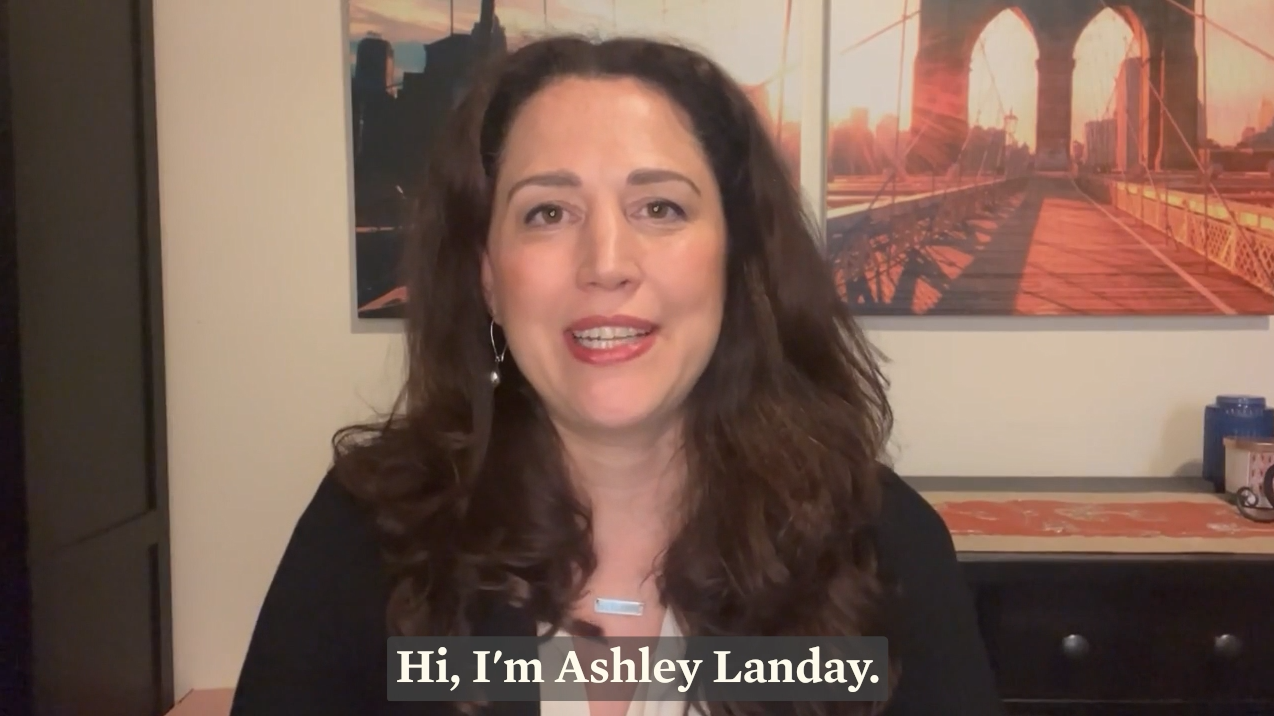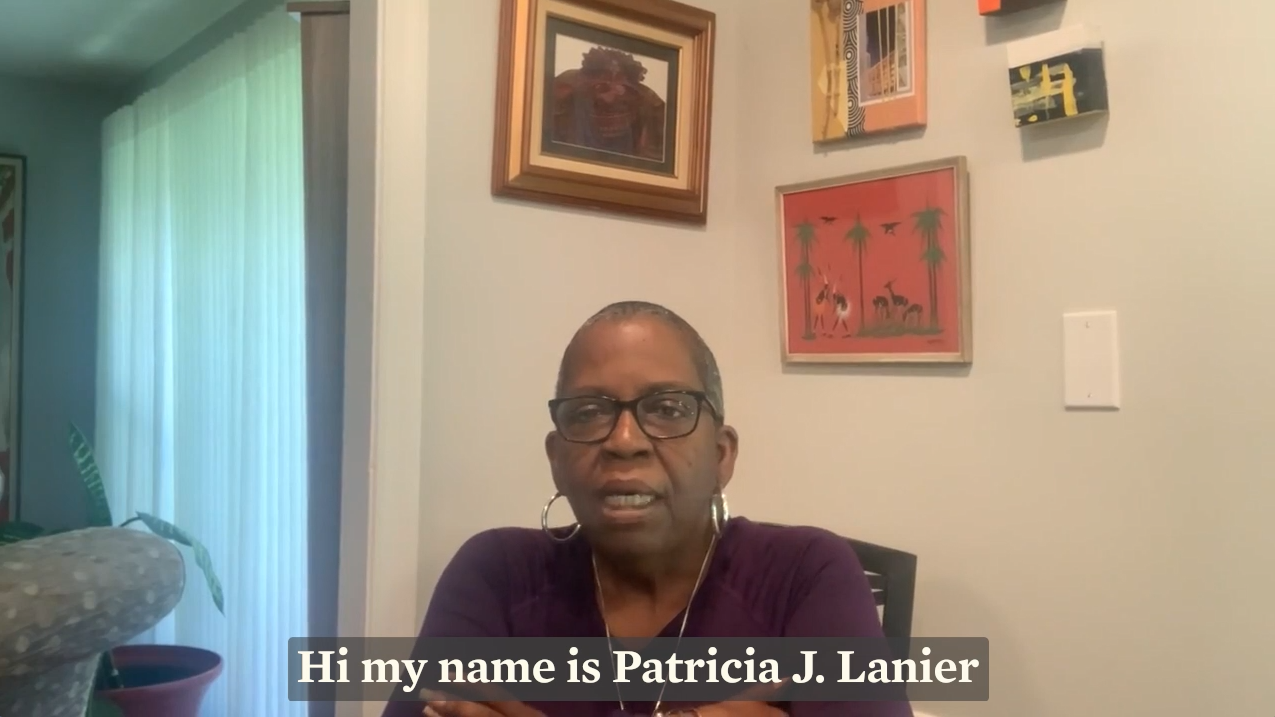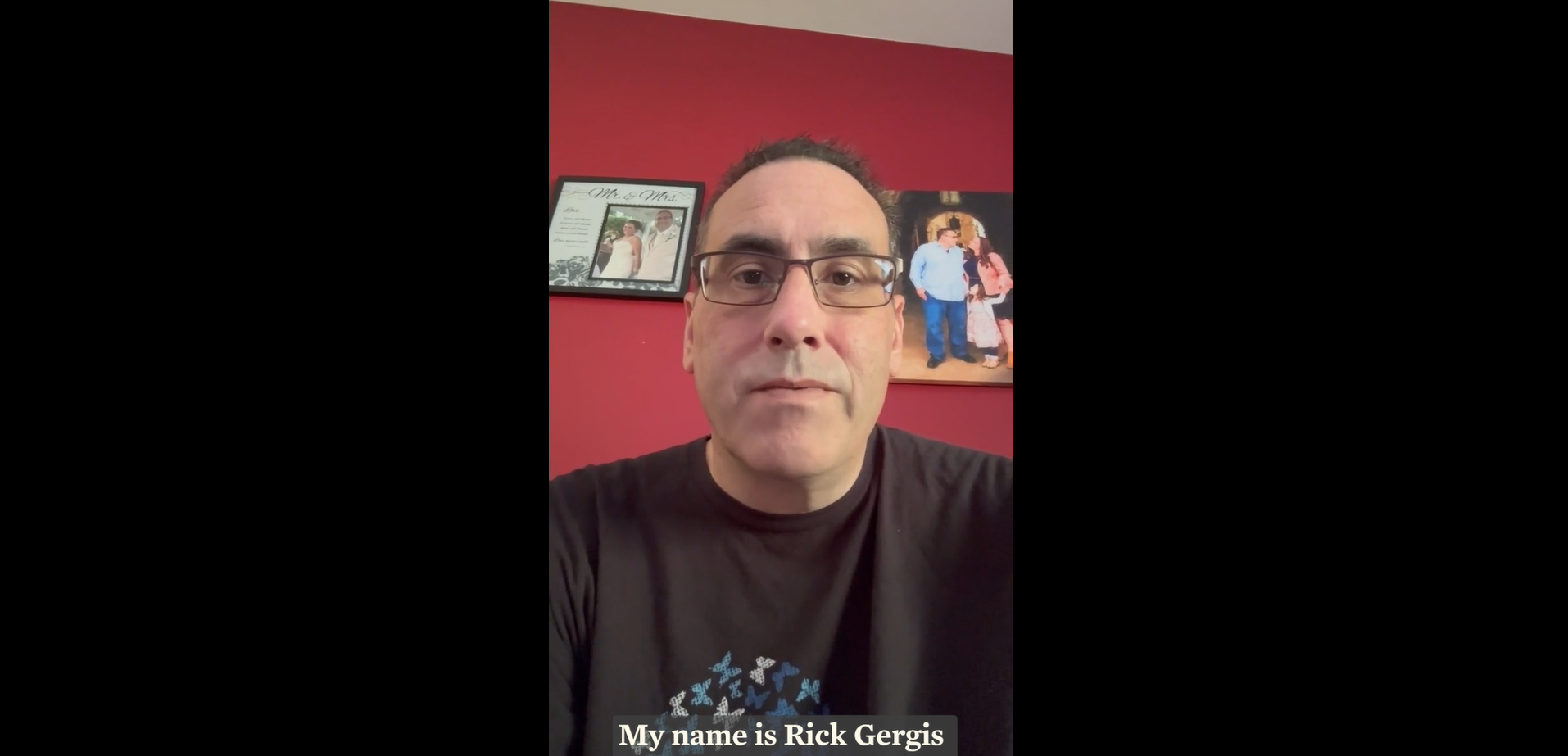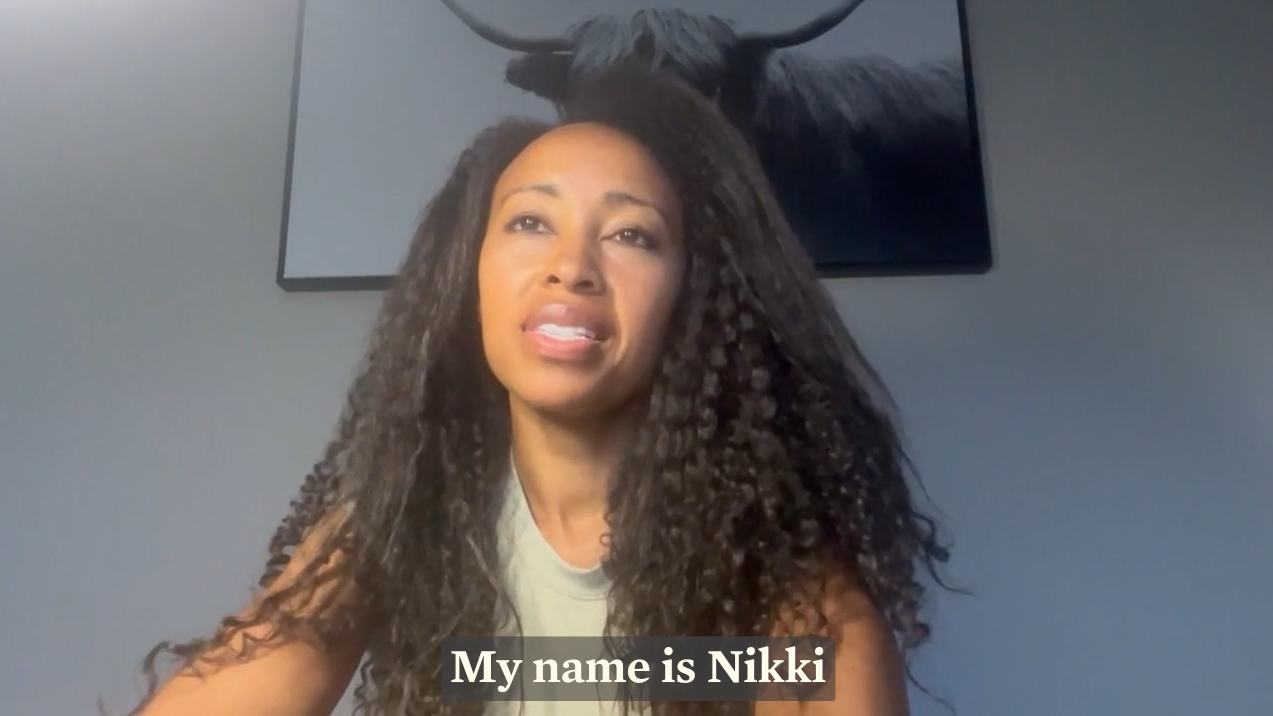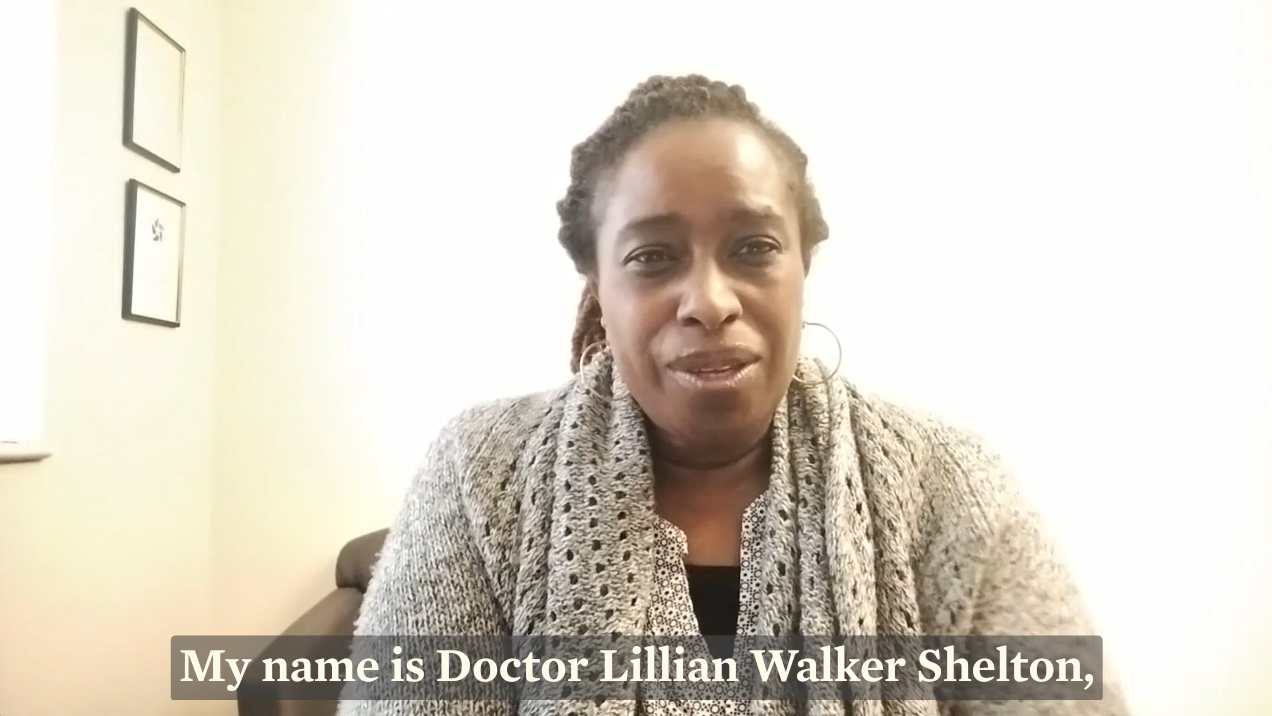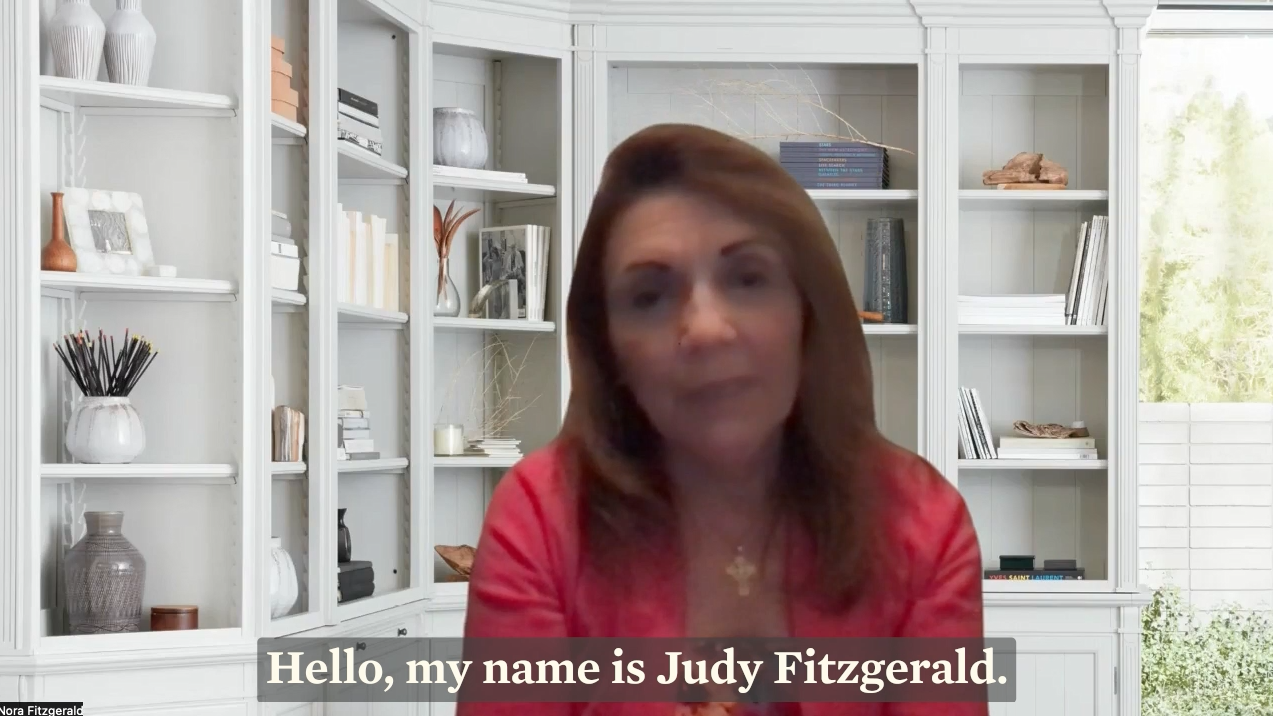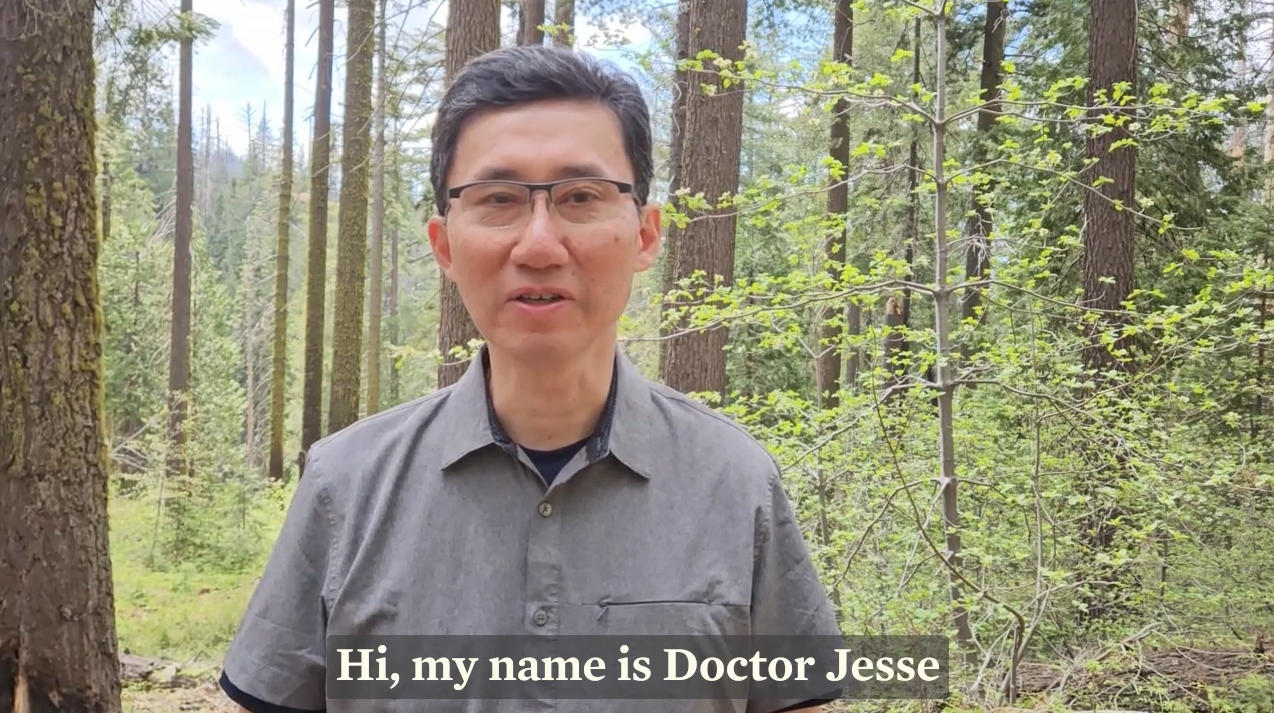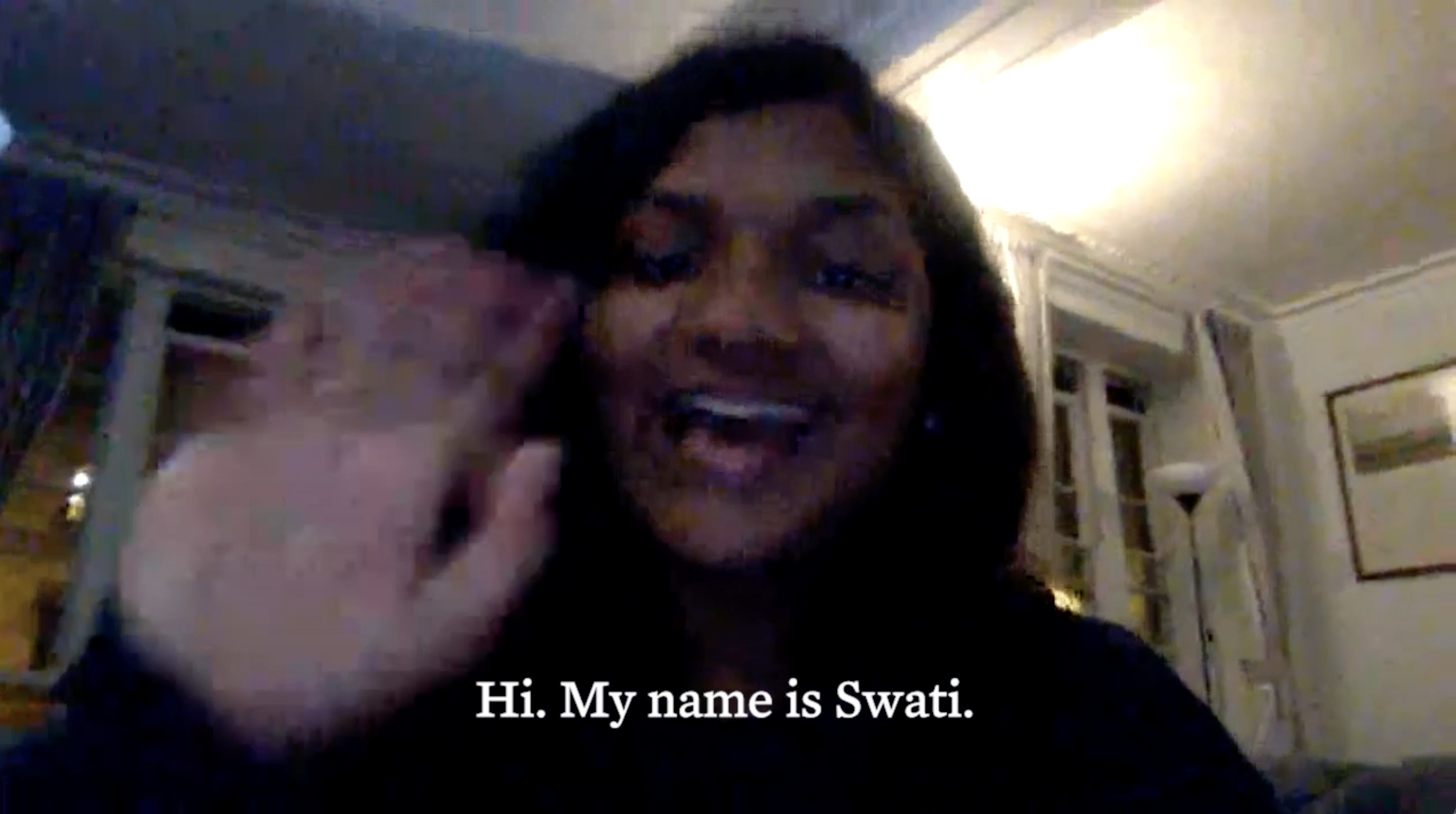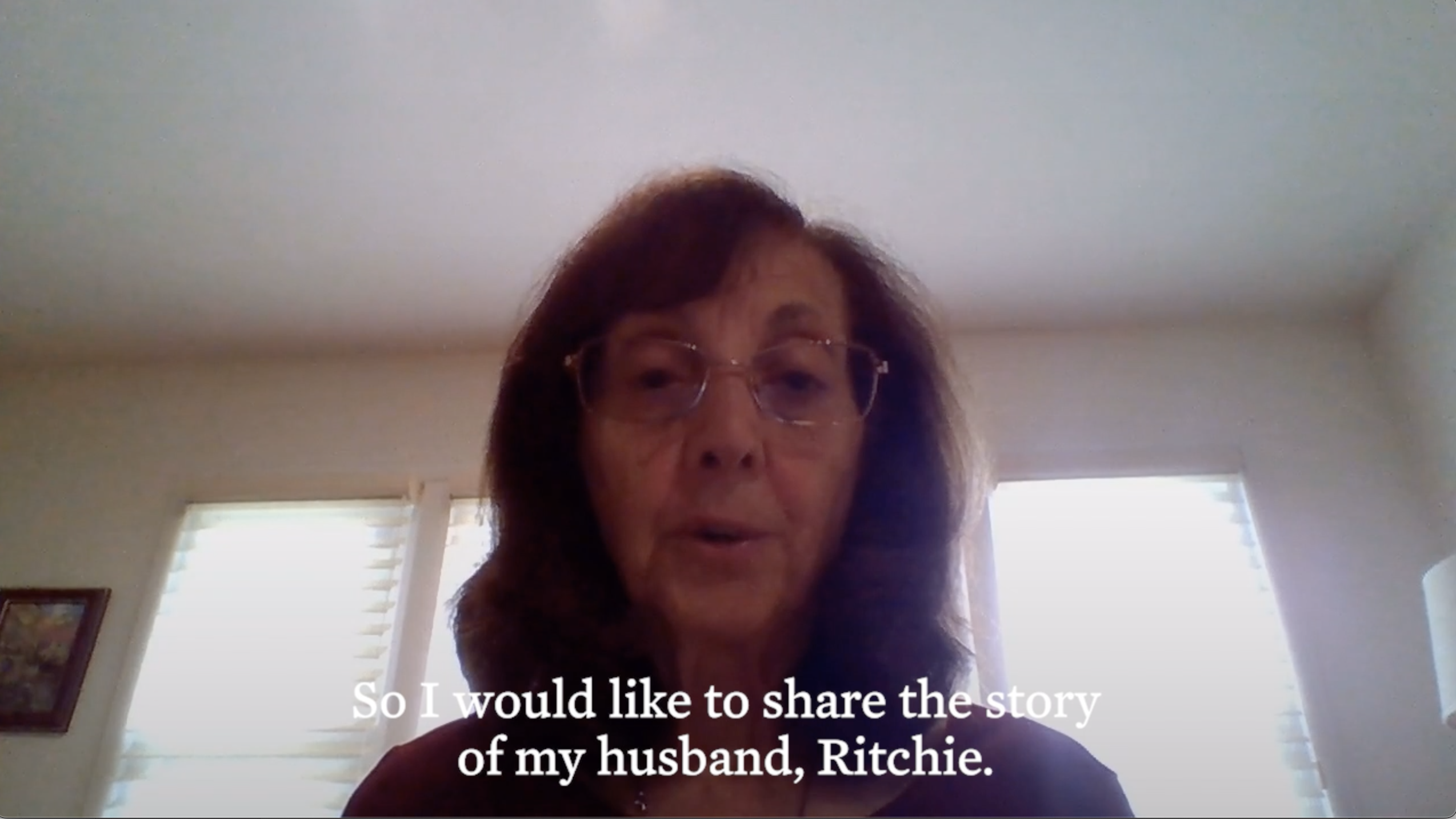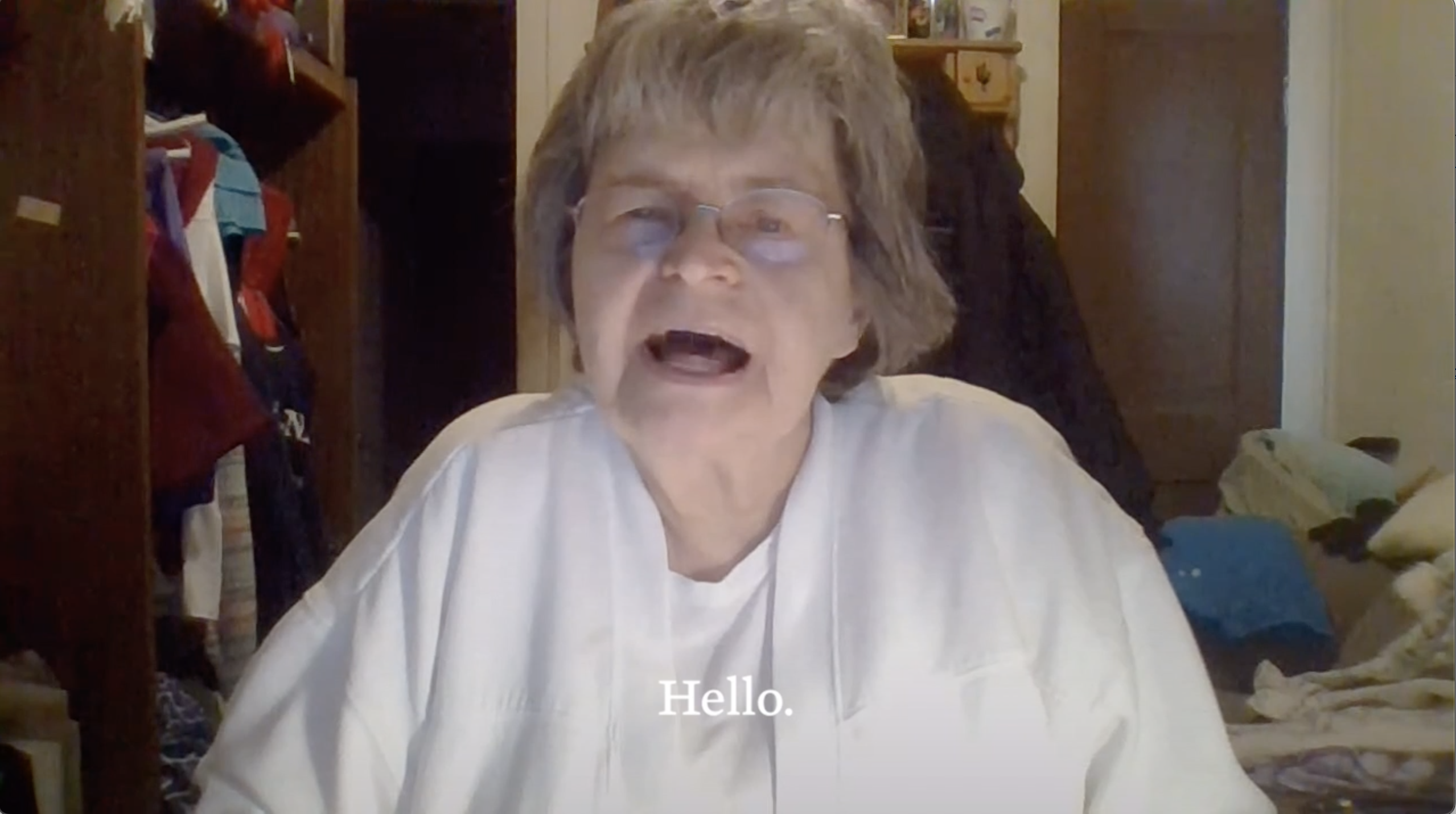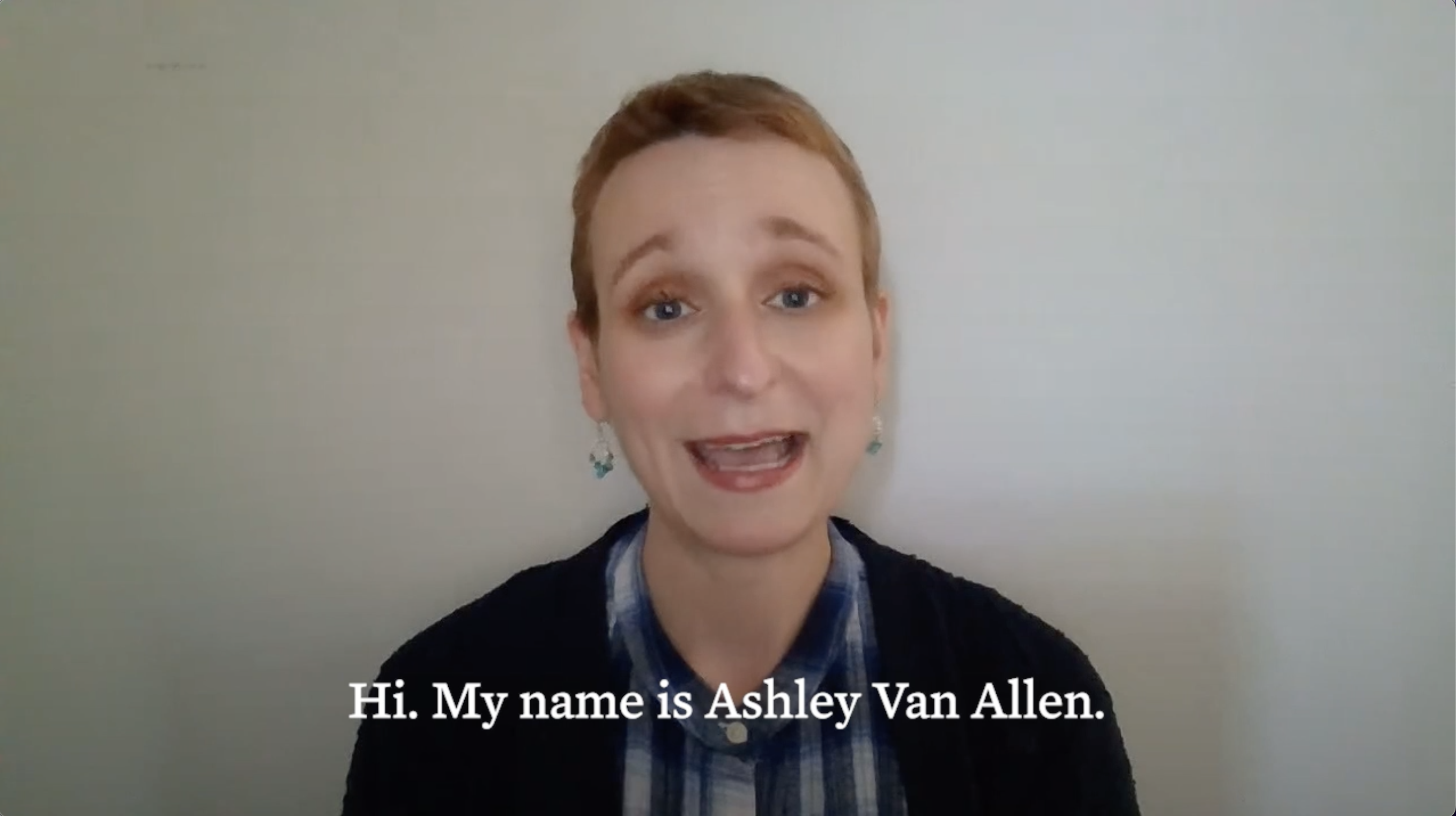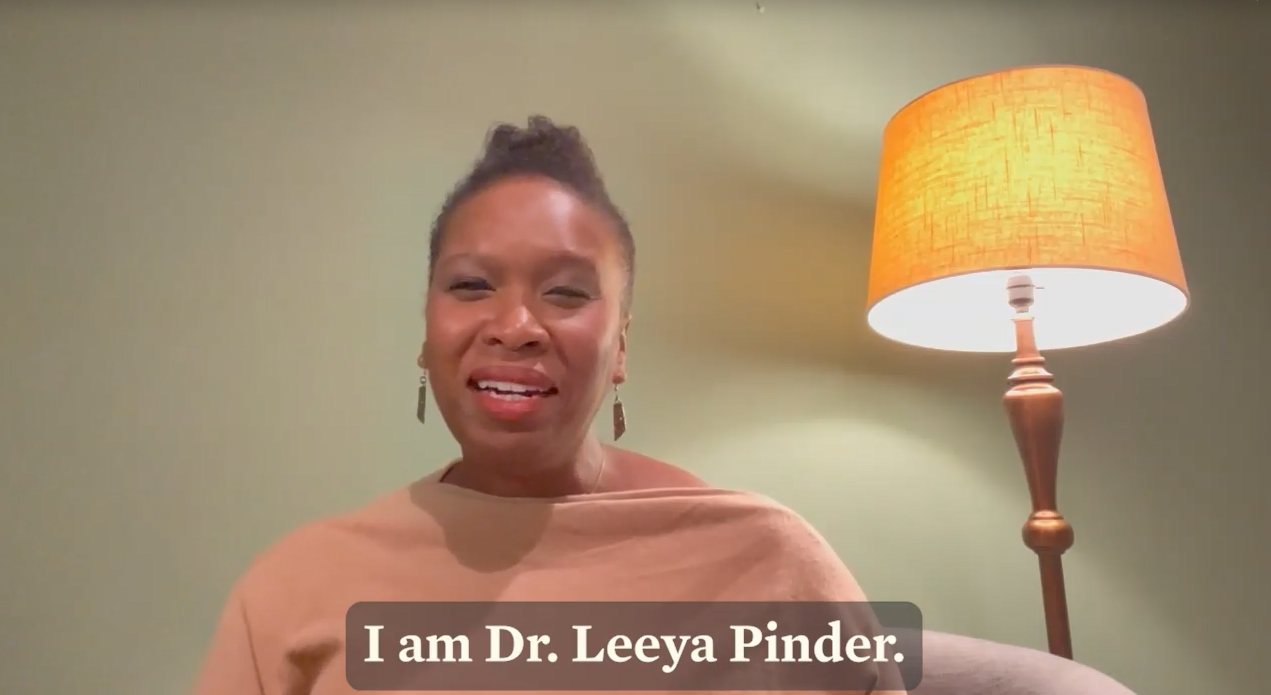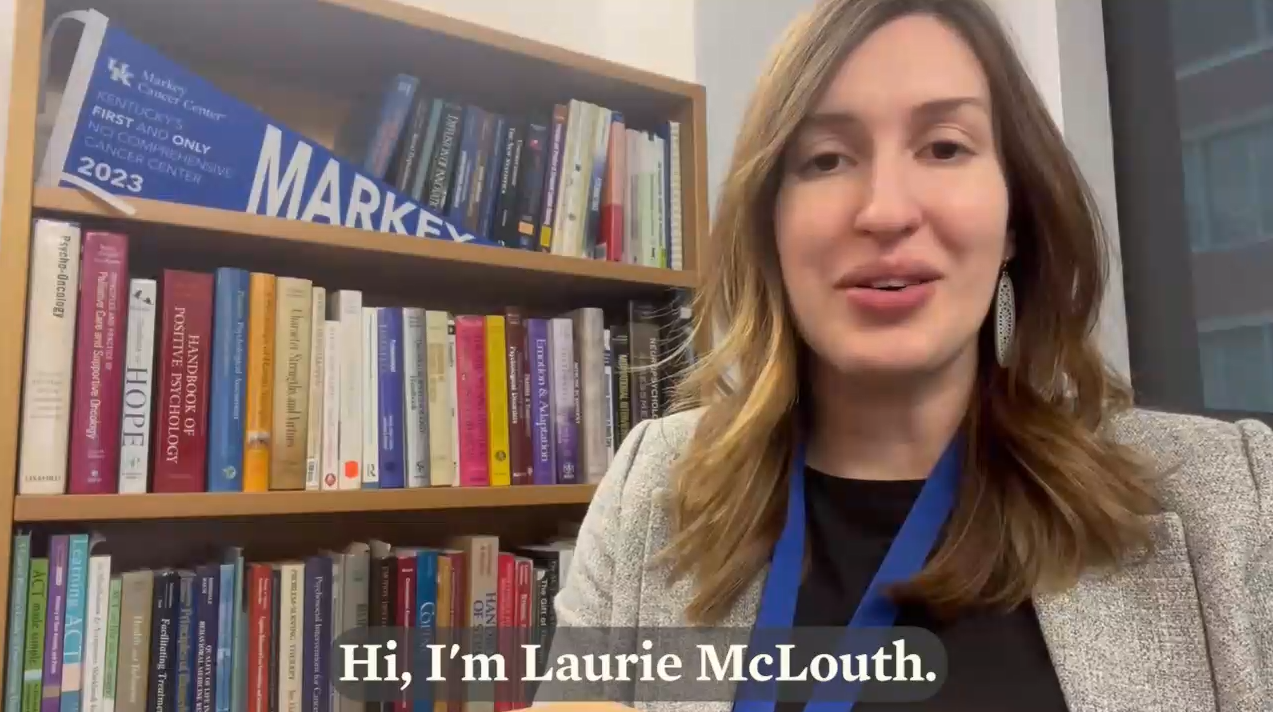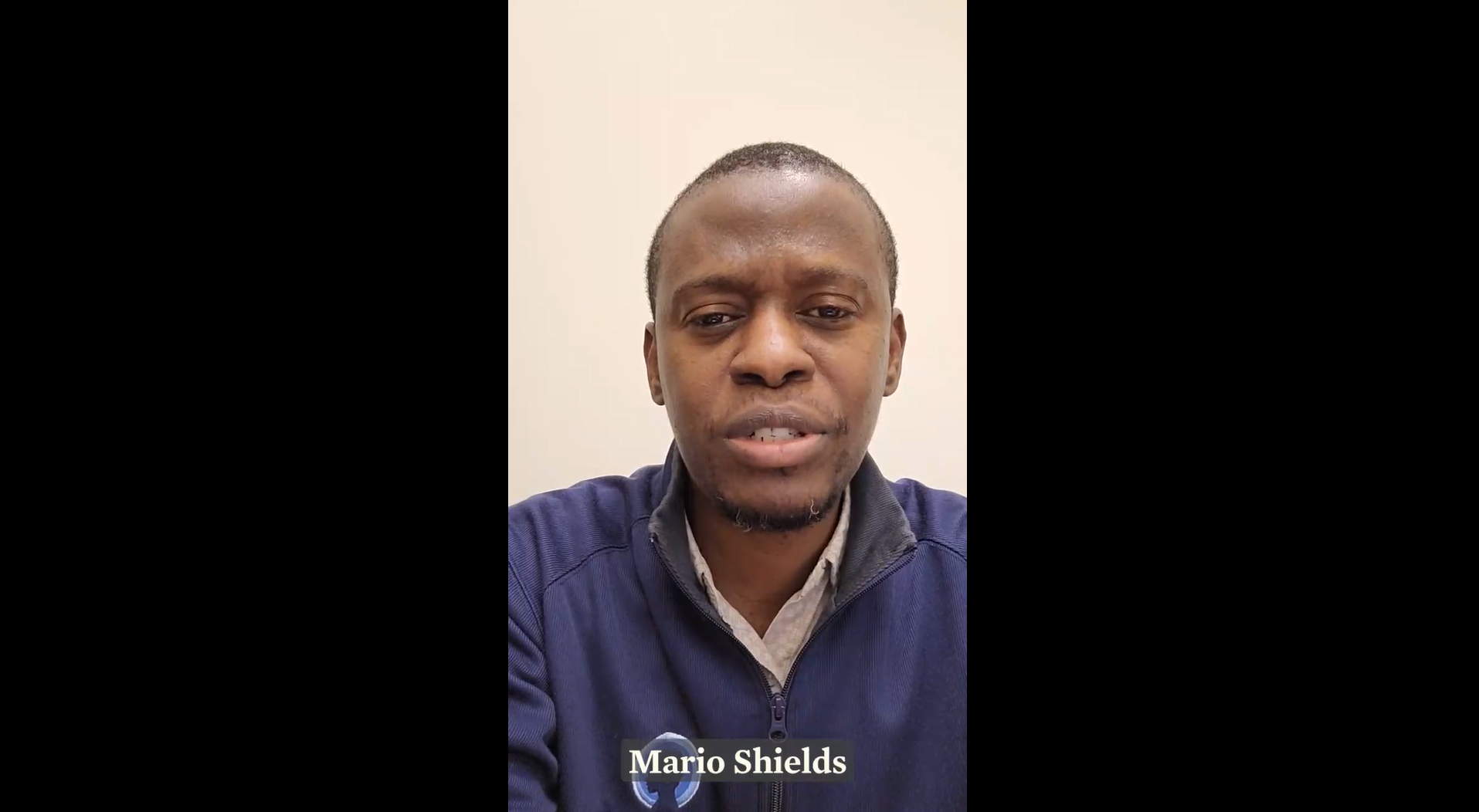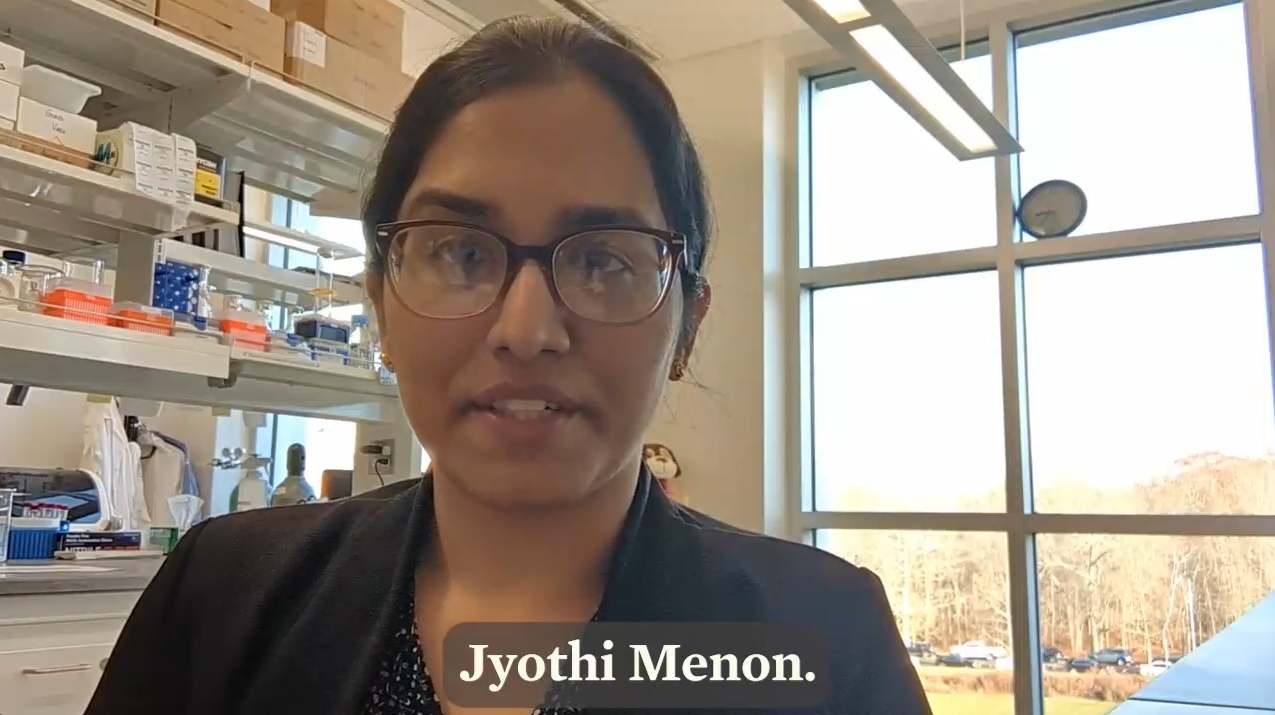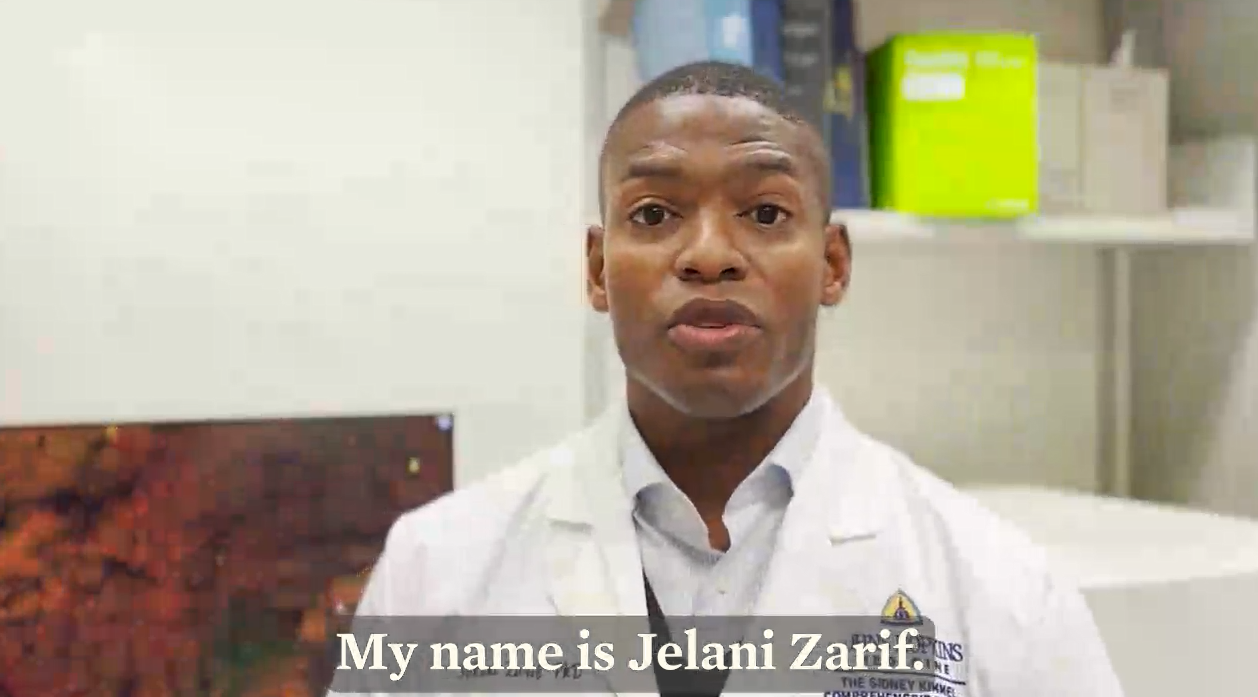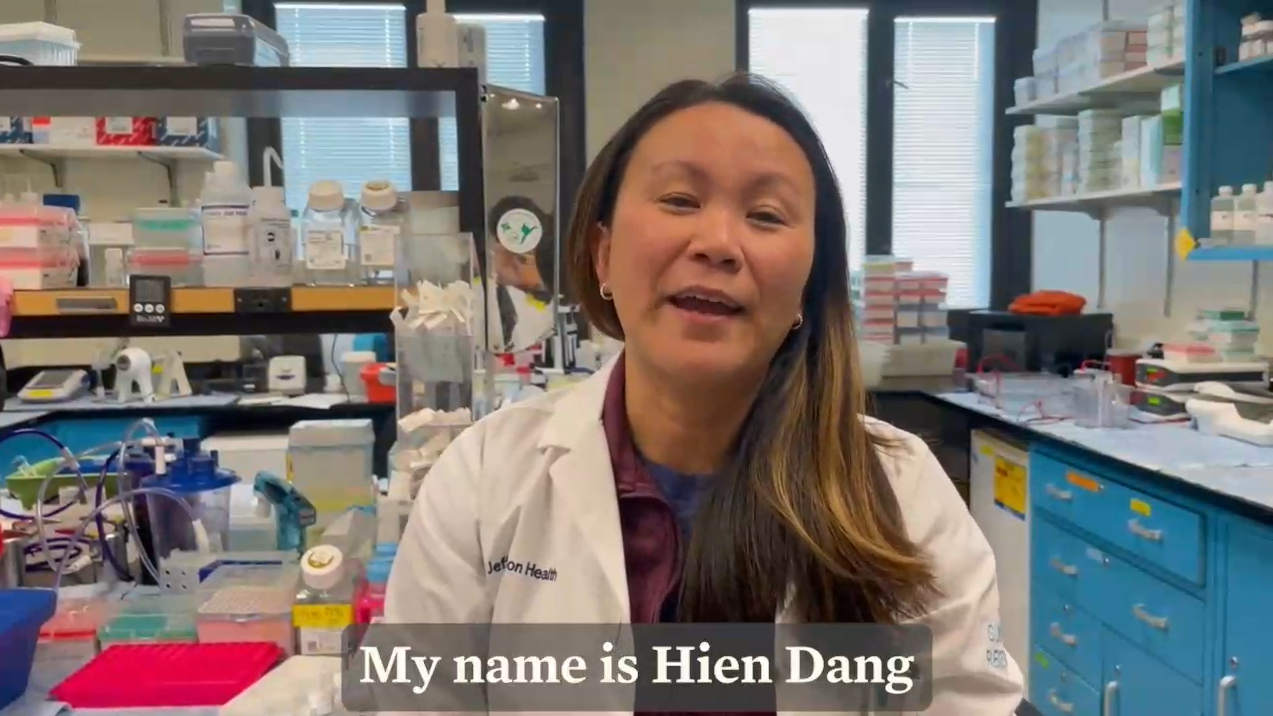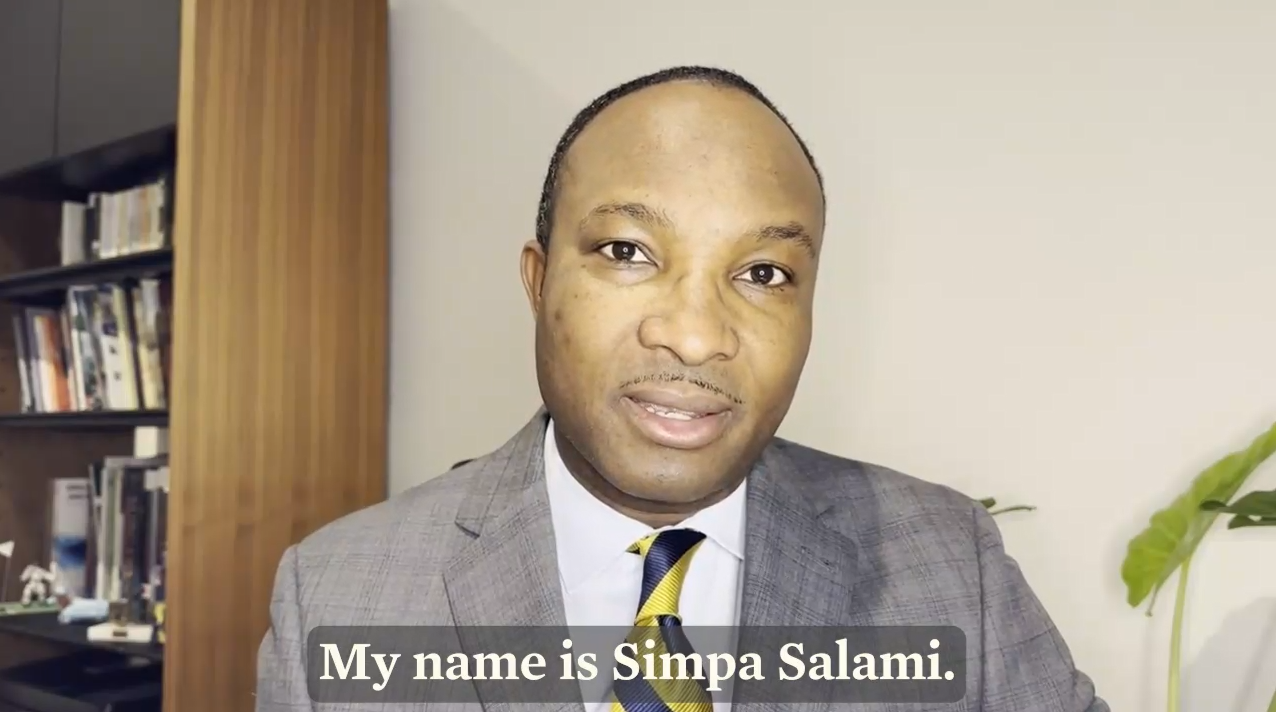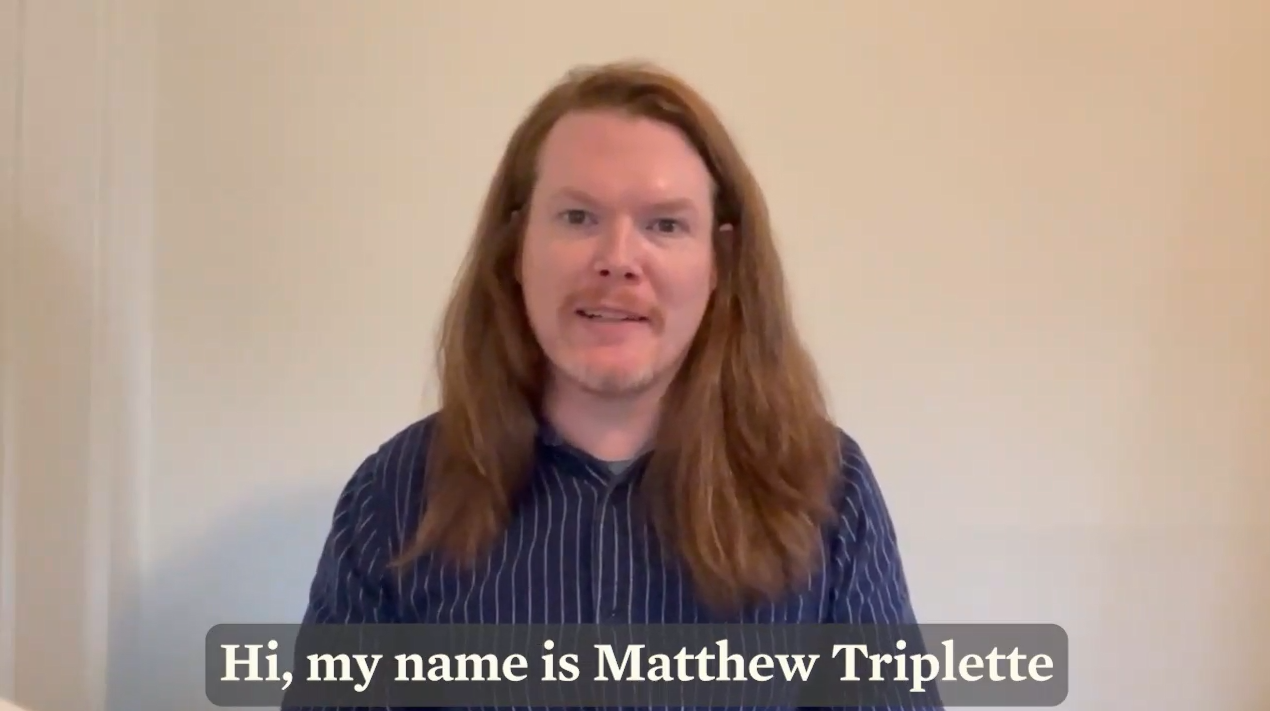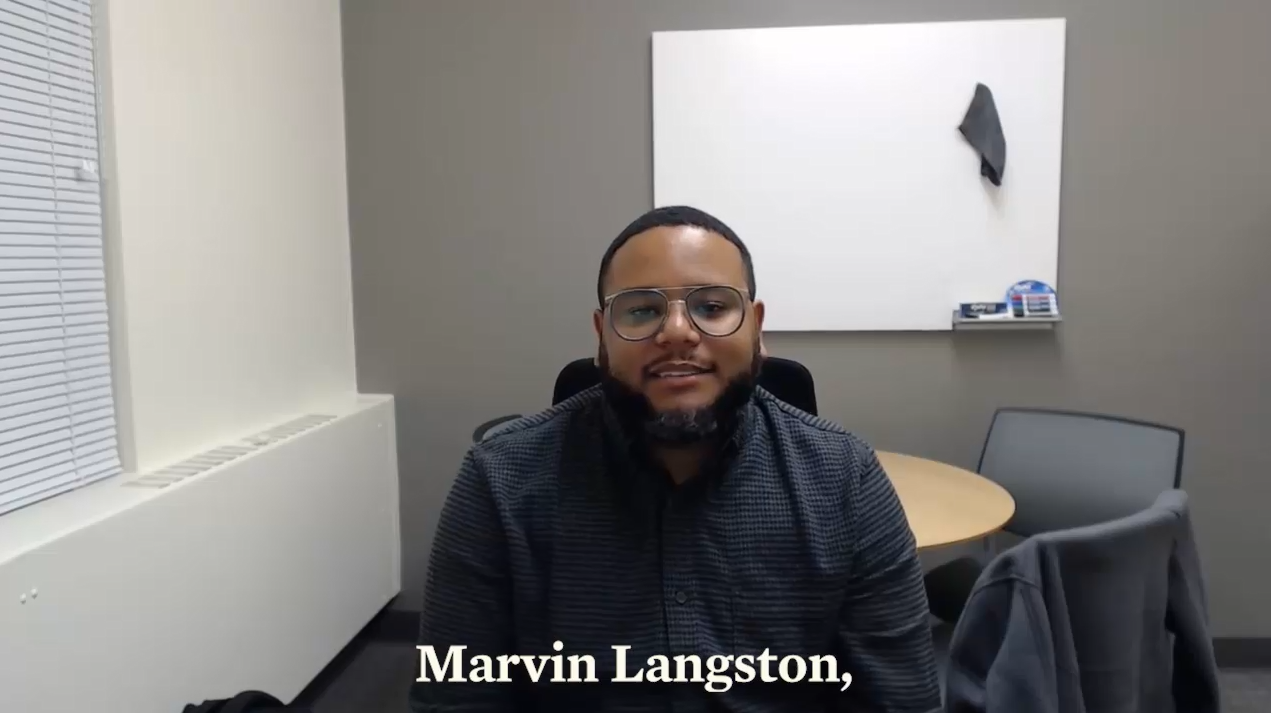Your Stories
A cancer diagnosis today may still leave us feeling hopeless, but we are not hopeless and we are not helpless. We are living in a golden age of research and discovery. We can end this terror, and all of us have a role to play. Because this isn’t just about hoping that one person will decipher the answers alone; it’s about listening to patients and survivors and their families, and easing the burden they face.
DR. JILL BIDEN, FIRST LADY OF THE UNITED STATES
We asked you to share the stories that will inspire change.
Here are just a few of those stories.
The goals and priorities for the Cancer Moonshot must be informed by those with direct experience with cancer.
We invite you to share your story with us.
Cancer Moonshot Scholars
The Cancer Moonshot Scholars program is designed to support early-career scientists, researchers, and innovators from diverse backgrounds, including from backgrounds that are underrepresented in the biomedical, clinical, behavioral, and social sciences research workforce. The Administration intends to fund up to 30 additional Cancer Moonshot Scholars by 2025, with the next application period closing in February 2024.
The initial cohort of Cancer Moonshot Scholars is working to make progress in prostate, pancreatic, liver, lung, cervical, brain, and rectal cancers.

